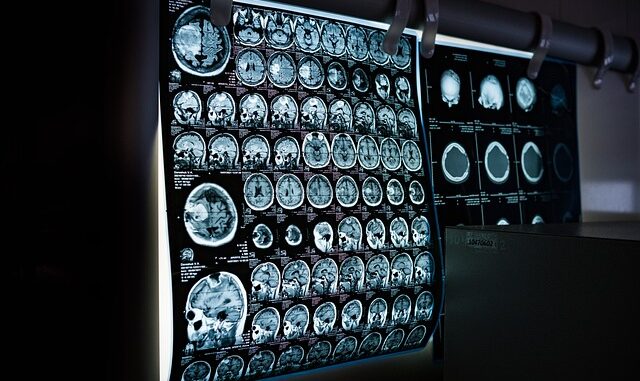
Summary
Mount Sinai is pioneering the use of AI in medical education, providing students and faculty access to ChatGPT Edu. This innovative approach aims to enhance clinical reasoning, research capabilities, and curriculum development while upholding ethical considerations and patient privacy. The initiative builds upon Mount Sinai’s existing commitment to AI advancements in healthcare.
** Main Story**
Okay, so Mount Sinai’s doing something pretty cool – they’re the first medical school in the US to fully integrate AI into their curriculum. I mean, how wild is that? Basically, all their medical and graduate students, plus some faculty and staff, now have access to OpenAI’s ChatGPT Edu. It’s a secure platform, which is obviously crucial, that lets them play around with AI in a safe and compliant way.
It’s really about boosting their clinical reasoning and helping them understand those super complex medical cases. Pretty forward-thinking, right?
ChatGPT Edu: Your New Digital Study Buddy
Think of ChatGPT Edu as like, your super-smart digital study partner. It’s there to offer real-time support. I wish I had something like this back when I was in school, honestly. Imagine prepping for surgeries with AI, or even just working on explaining tricky diagnoses to patients. It sounds like it could really sharpen your bedside manner.
One student, Faris Gulamali, was saying how it helps him reframe complex medical stuff so patients can actually understand it. Another student, Vivek Kanpa, calls it a 24/7 mentor and collaborator. That’s some serious support, especially when you’re drowning in research and technical challenges.
Privacy First, Ethics Always
Of course, with all this AI stuff, patient privacy is a HUGE deal. You can’t just go throwing sensitive data around, right? Mount Sinai’s got a formal agreement with OpenAI to make sure everything’s HIPAA compliant and that student and patient data is totally safe. It’s not just about using AI, it’s about using it responsibly. And that’s so, so important.
Leah Belsky from OpenAI is really stressing their commitment to HIPAA, which is reassuring. Dr. David Thomas, who’s the Dean for Medical Education there, is making sure ethics are baked into the AI training. Which is exactly what you want – future doctors who know how to use AI ethically, not just effectively.
More Than Just a Classroom Thing
This ChatGPT integration is just one piece of Mount Sinai’s bigger AI push. They’ve already set up the Center for Artificial Intelligence and Human Health, which is all about getting people to work together and push AI forward in healthcare. Plus, they’ve got the Center for Artificial Intelligence in Children’s Health, and the AI Small Molecule Drug Discovery Center. Seriously, they’re going all in. They are also modernizing their facilities to support all these AI initiatives. All these new computers and servers definitely won’t pay for themselves!
What Does This Mean for the Future?
Honestly, I think Mount Sinai’s setting an example here. It’s a model for other schools. And that’s pretty cool, isn’t it? If AI’s gonna keep changing healthcare, we need to make sure future doctors know how to use it properly. Otherwise, what was the point of going to medical school?
Mount Sinai’s commitment to AI education is a game-changer, not just for their students but, potentially, for all of us. They’re doing the work so that AI and human expertise can work together seamlessly. I think they’re positioning themselves as leaders in AI and medicine, and I’m here for it.


ChatGPT Edu as a 24/7 mentor? Suddenly, I wish I was back in med school. Though, I suspect it would mostly be used for writing increasingly elaborate excuses for missing anatomy lab. “Dear Professor, the AI said my cadaver was actually a highly advanced robot…”
That’s hilarious! I can definitely see the temptation to use it for creative excuses. But seriously, beyond the fun, imagine the possibilities for complex case analysis and research. It really could be a game-changer in medical education, robot cadavers aside!
Editor: MedTechNews.Uk
Thank you to our Sponsor Esdebe
The point about modernizing facilities is critical. The infrastructure investment required to support robust AI training and research in medical education is substantial and often overlooked. What specific hardware and software upgrades are proving most impactful?